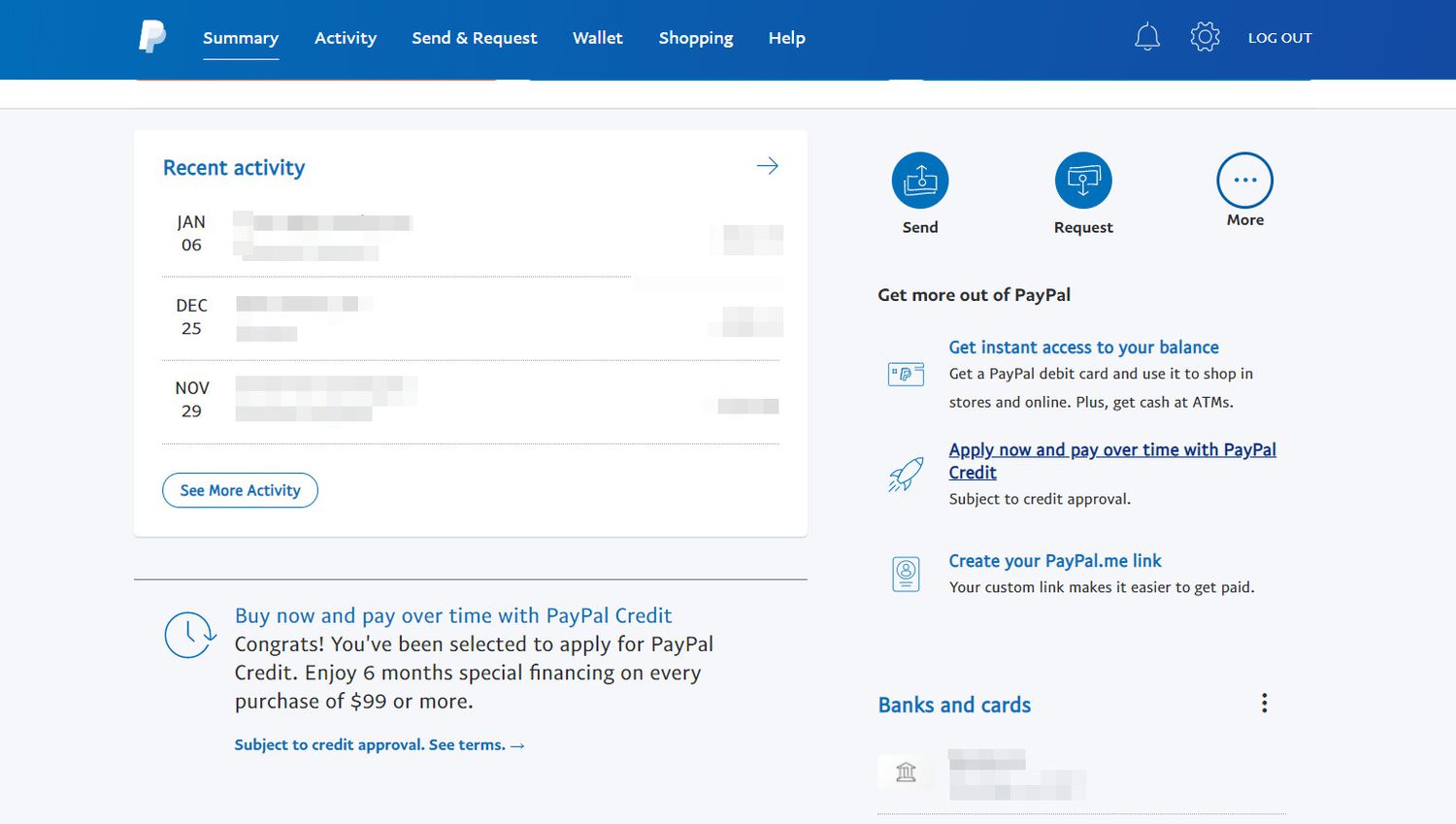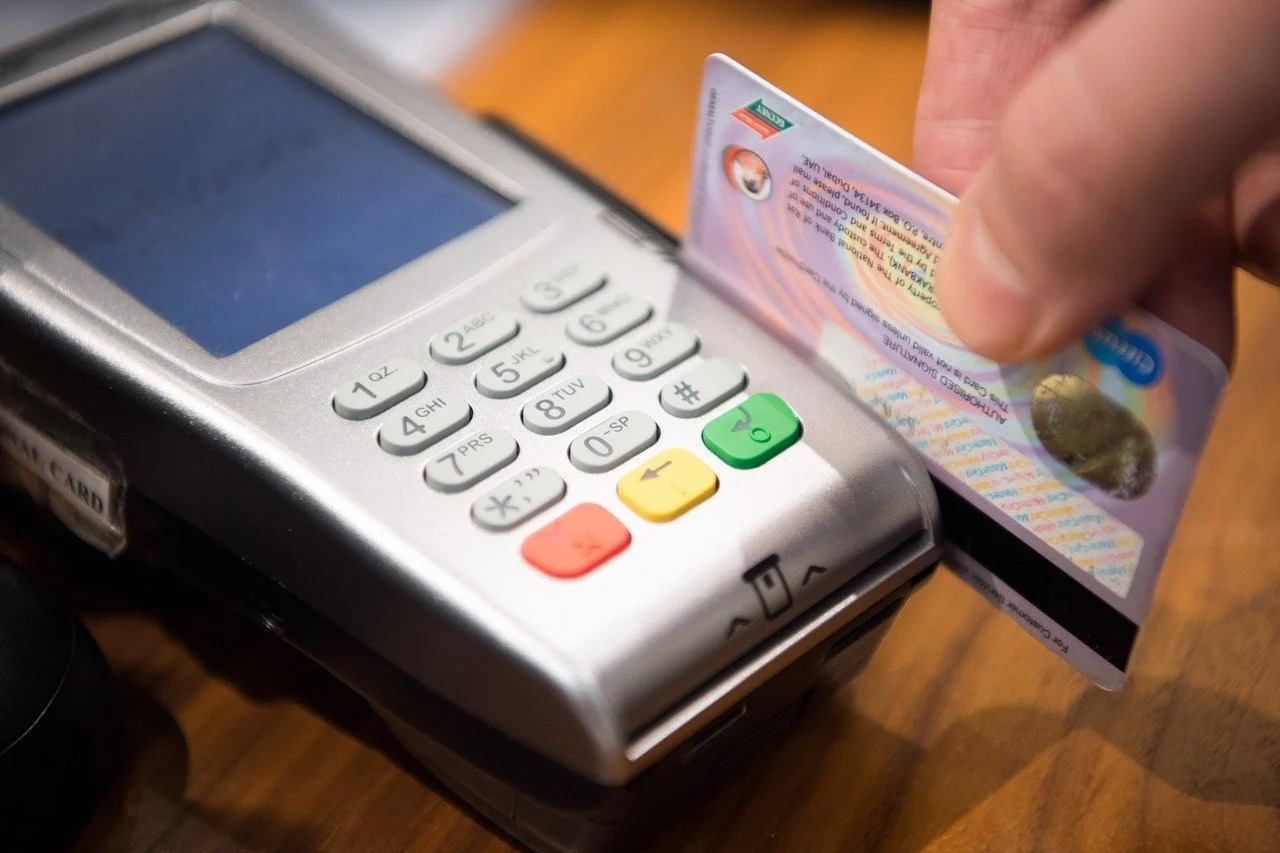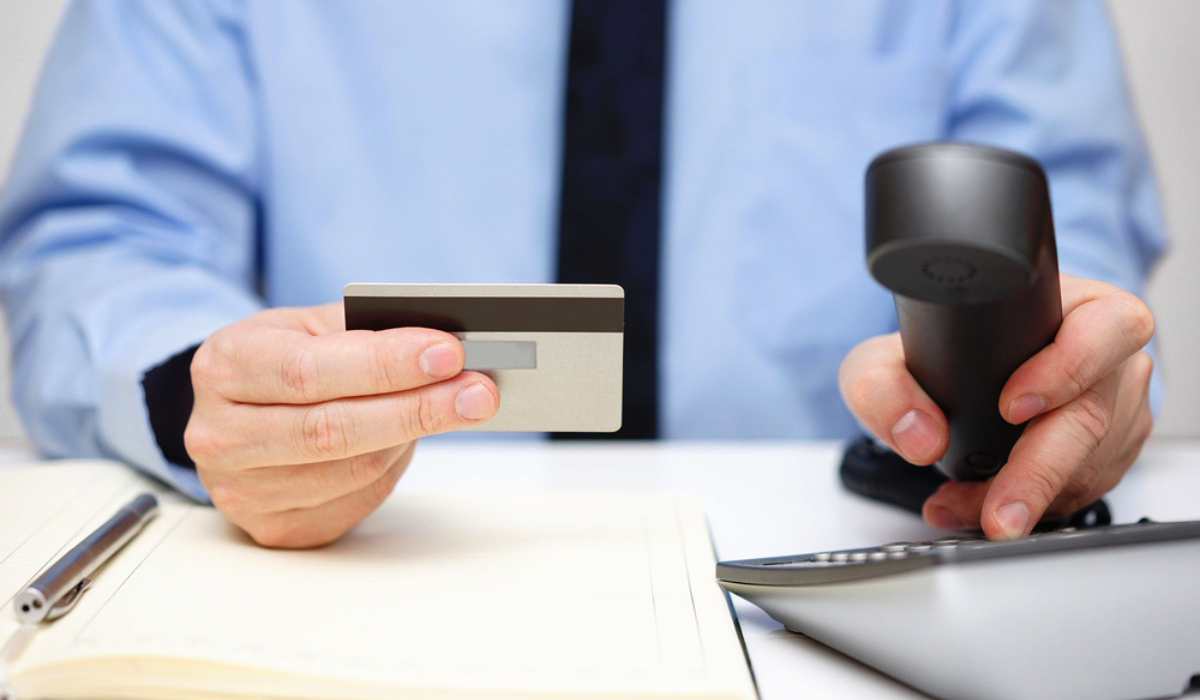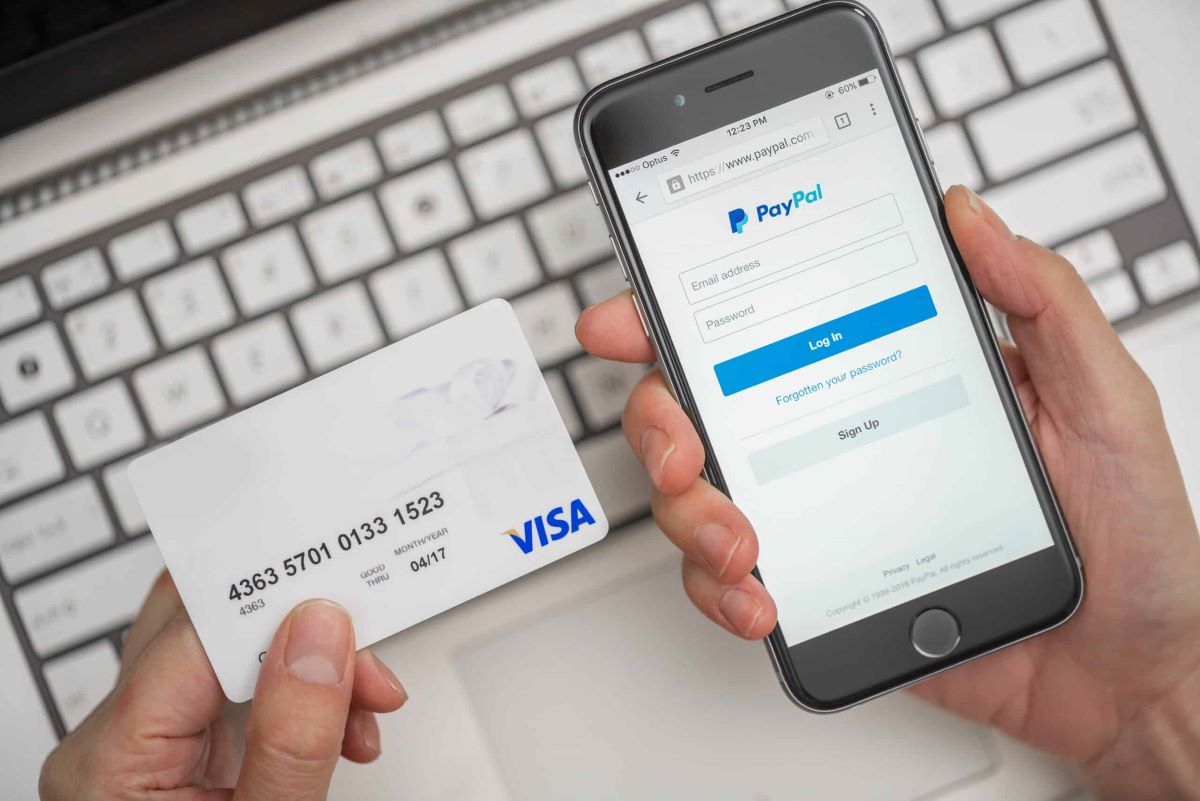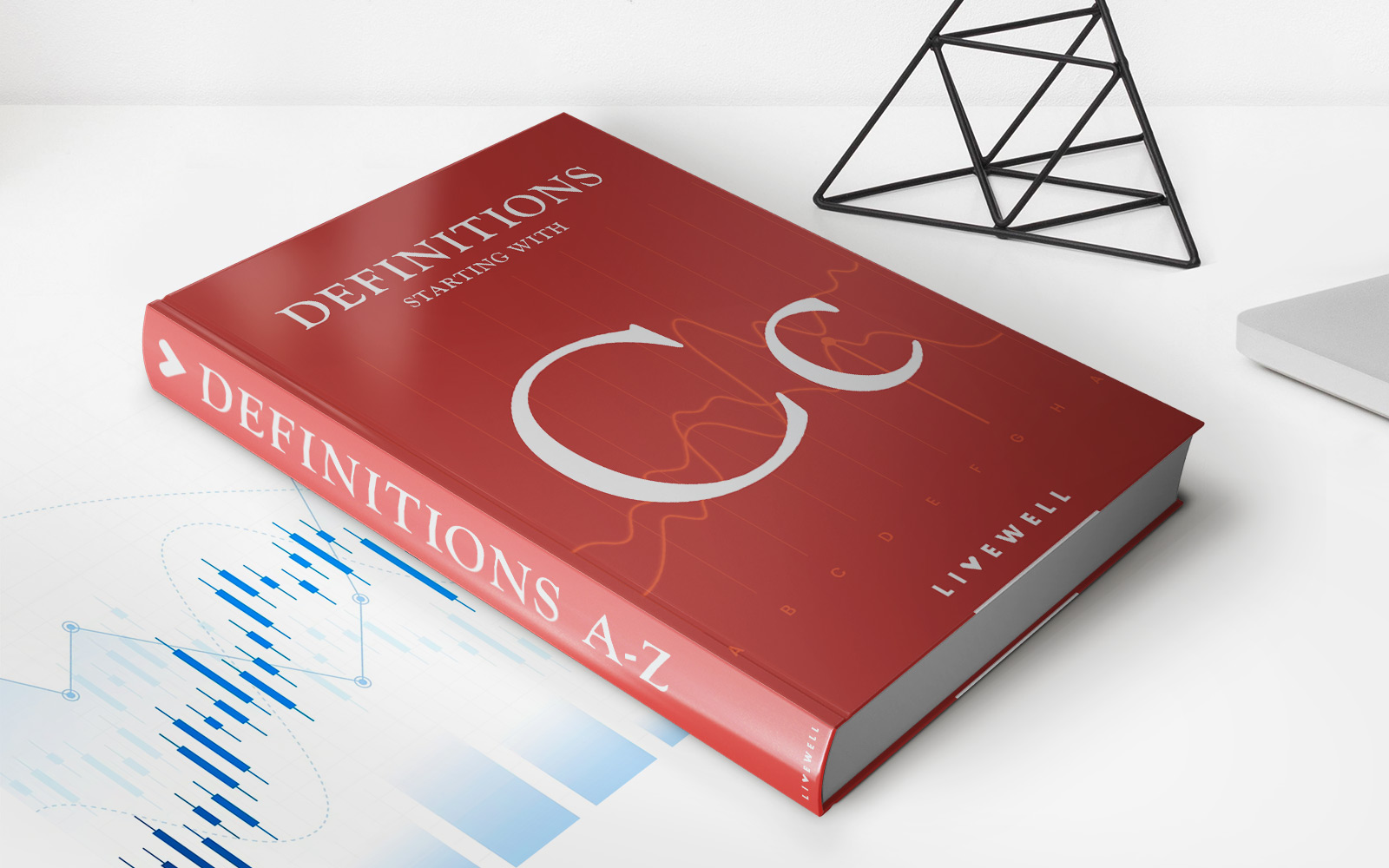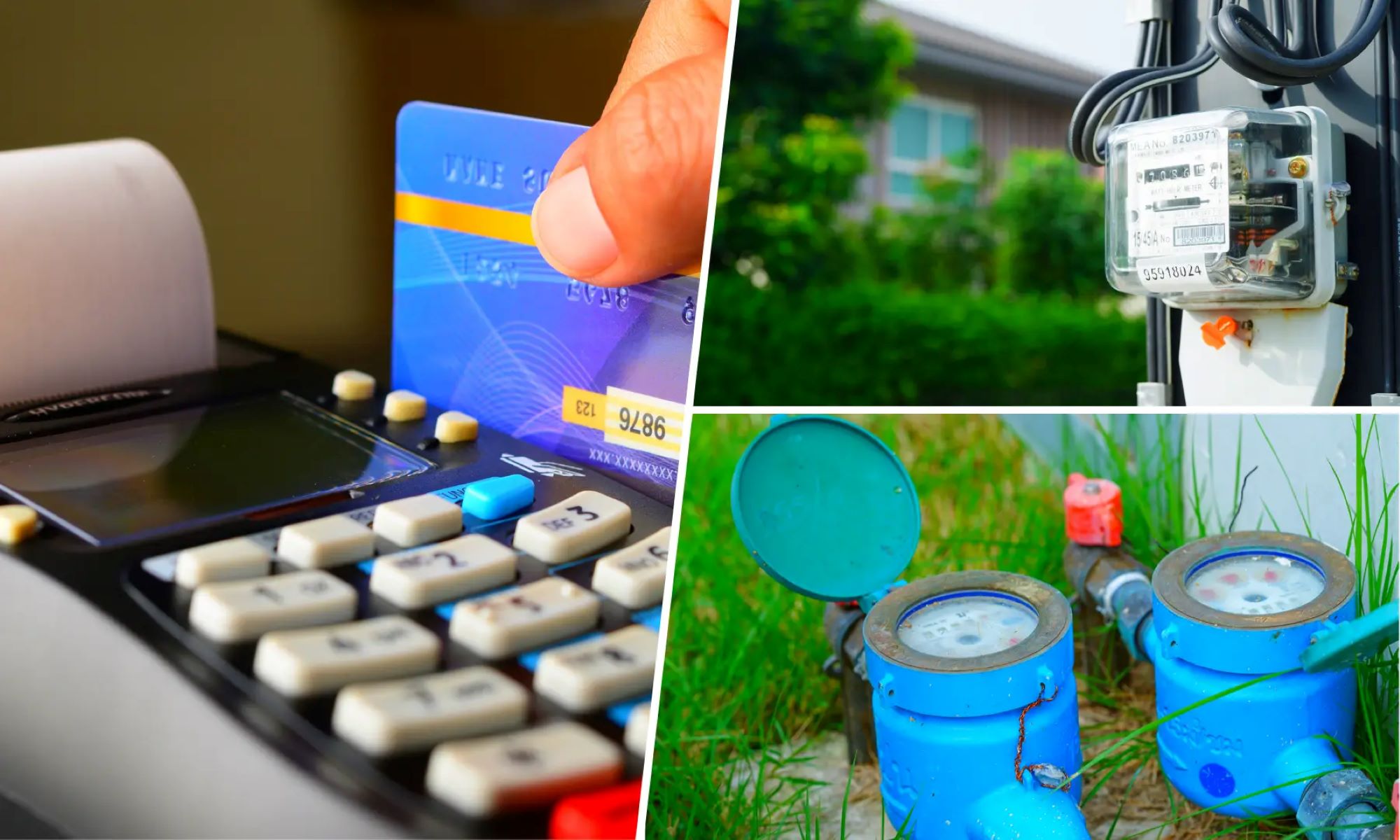

Finance
What Bills Can I Pay With A Credit Card
Modified: February 21, 2024
Pay your bills conveniently with a credit card and manage your finances efficiently. Discover the diverse range of bills you can easily pay using your credit card.
(Many of the links in this article redirect to a specific reviewed product. Your purchase of these products through affiliate links helps to generate commission for LiveWell, at no extra cost. Learn more)
Table of Contents
Introduction
Welcome to the world of credit cards, where convenience and financial flexibility are abundantly available. Credit cards have become an integral part of our lives, providing us with the means to make purchases and manage our expenses efficiently. But did you know that credit cards can also be used to pay bills?
In the digital age, the majority of our financial transactions can be conveniently conducted online. This includes paying bills for utilities, subscriptions, mortgages, and various other expenses. Traditionally, people have been used to paying their bills through bank transfers, checks, or automatic withdrawal from their bank accounts. However, paying bills with a credit card offers a plethora of benefits that shouldn’t be overlooked.
In this article, we will explore the advantages of paying bills with a credit card, the types of bills you can pay using this method, factors to consider before making these payments, as well as potential drawbacks and tips to ensure a smooth experience.
By the end of this article, you will gain a comprehensive understanding of how to best utilize your credit card for bill payments, making your financial management simpler, more convenient, and potentially even rewarding.
Benefits of Paying Bills with a Credit Card
Paying your bills with a credit card can offer several advantages that can simplify your financial life and provide additional benefits. Here are some of the key benefits:
- Rewards and Cashback: Many credit cards offer rewards programs where you can earn points, miles, or cashback on your purchases. By paying your bills with a credit card, you can accumulate rewards and potentially enjoy perks such as travel discounts, gift cards, or statement credits.
- Convenience: Using a credit card to pay bills is convenient and time-saving. Instead of writing checks or logging into different accounts to pay each bill, you can simply enter your credit card information and make one payment for all your bills. It eliminates the hassle of remembering multiple due dates and streamlines your payment process.
- Improved Cash Flow: Paying bills with a credit card allows you to manage your cash flow more effectively. Instead of paying bills immediately from your bank account, you can extend the payment due date and utilize your available funds for other purposes. This flexibility can be particularly helpful during times of financial strain or unexpected expenses.
- Build or Improve Credit Score: Consistent and timely bill payments using a credit card can positively impact your credit score. By being responsible with your credit card payments, you demonstrate your trustworthy financial behavior to credit bureaus, which can lead to a higher credit score over time. A good credit score opens doors to better loan terms, lower interest rates, and other financial opportunities.
- Added Consumer Protection: Credit card payments offer additional protection compared to other payment methods. If there is a dispute with a bill or if you encounter fraudulent charges, you can request a chargeback through your credit card company. This can help protect your finances and ensure that you only pay for legitimate expenses.
These benefits make paying bills with a credit card an attractive option for many individuals. However, it’s important to consider the specific bills that are eligible for credit card payments and to weigh the potential drawbacks before deciding to make this payment method a regular practice.
Common Bills You Can Pay with a Credit Card
When it comes to paying bills with a credit card, you’ll find that many types of bills are eligible for this payment method. Here are some of the common bills that you can pay using your credit card:
- Utility Bills: This includes payments for electricity, gas, water, and other utility services. Paying your utility bills with a credit card can help you earn rewards and simplify your bill payments by consolidating them into one monthly payment.
- Internet, Cable, and Phone Bills: Most internet service providers, cable companies, and phone service providers accept credit card payments. By using your credit card, you can earn rewards while conveniently paying for these essential services.
- Rent or Mortgage Payments: Some landlords or property management companies allow tenants to pay their rent using a credit card. It’s an excellent option for those looking to accumulate rewards or manage cash flow. However, do consider any fees associated with credit card payments and whether it outweighs the benefits.
- Insurance Premiums: Many insurance companies accept credit card payments for premiums. Whether it’s auto insurance, home insurance, or health insurance, paying with a credit card can provide financial flexibility and potential rewards.
- Subscription Services: Payments for streaming services, gym memberships, online memberships, and other subscription services can be made using a credit card. It’s convenient to have all these recurring payments in one place, and you may even earn rewards for your subscriptions.
- Medical Bills: Some healthcare providers and hospitals accept credit card payments for medical bills. It can be helpful if you want to manage your medical expenses and potentially earn rewards at the same time.
These are just a few examples of the bills you can pay with a credit card. However, it’s essential to check with your billers to ensure they accept credit card payments and if any additional fees may apply. Additionally, some bills may have limitations on the amount that can be paid with a credit card or may not accept credit cards at all.
Now that you have an idea of the bills that can be paid with a credit card, let’s delve into a few considerations before deciding to use your credit card for bill payments.
Credit Card Bill Payments to Consider
While the convenience and benefits of paying bills with a credit card may be appealing, it’s important to consider a few factors before making this decision. Here are some key considerations when it comes to credit card bill payments:
- Interest Rates: Before using your credit card to pay bills, check the interest rates associated with your card. If you carry a balance and are unable to pay it off in full each month, the interest charges can quickly accumulate. In such cases, it may be more cost-effective to explore alternative payment methods to avoid incurring high interest charges.
- Rewards Programs: Evaluate the rewards program offered by your credit card. Some cards provide higher rewards for specific types of purchases or categories. Consider whether your bill payments align with the earning potential of your credit card rewards program. If not, it may be more advantageous to use other payment methods for those bills.
- Credit Utilization: Paying bills with a credit card can increase your credit utilization ratio, which is the percentage of available credit that you are using. High credit utilization can negatively impact your credit score. If you have a high balance on your credit card and consistently use it for bill payments, it may be wise to explore other options to avoid potential credit score impact.
- Fees: Some billers may charge a convenience fee for credit card payments. Consider whether the rewards or benefits outweigh these additional costs. In some cases, the fees may nullify the advantages of using a credit card for bill payments. Compare and calculate the impact of any fees before deciding to make payments with a credit card.
- Financial Discipline: Using a credit card for bill payments requires financial discipline and responsible spending habits. Ensure that you have a sound budget in place and are capable of managing your credit card bills effectively. Late payments or missed payments can lead to penalties, increased interest rates, and potential damage to your credit score.
By carefully considering these factors, you can make informed decisions regarding which bills to pay with your credit card. It’s essential to weigh the potential benefits against any drawbacks or costs that may arise.
In the next section, we will discuss some potential drawbacks of paying bills with a credit card, so you can have a comprehensive understanding of the practice.
Factors to Consider Before Paying Bills with a Credit Card
Paying bills with a credit card can offer convenience and potential rewards. However, it’s crucial to consider several factors before deciding if this payment method is right for you. Here are some key factors to consider:
- Acceptance: Ensure that the billers you need to pay accept credit card payments. While many billers do accept credit cards, some may not. It’s important to verify this information beforehand to avoid any surprises or difficulties in making payments.
- Interest Rates: Review the interest rates on your credit card. If you are unable to pay off your credit card balance in full each month, the interest charges can add up quickly. In such cases, using a credit card for bill payments may lead to unnecessary interest expenses. Consider whether it’s more cost-effective to utilize other payment methods.
- Payment Processing Time: Understand the processing time for credit card payments. Depending on the biller, it may take a few days for the payment to be processed. Ensure that you make payments well in advance to avoid any late fees or disruptions in services.
- Rewards and Benefits: Evaluate the rewards and benefits offered by your credit card. Some credit cards provide higher rewards for certain types of purchases, such as groceries or travel. Consider whether your bill payments align with the earning potential of your credit card rewards program. If not, it may be more advantageous to utilize other payment methods for those bills.
- Credit Utilization: Paying bills with a credit card can impact your credit utilization ratio. This is the percentage of available credit that you are using. A high credit utilization ratio can negatively impact your credit score. If you have a high balance on your credit card or consistently use it for bill payments, it may be advisable to explore alternative payment options to avoid any potential negative impact on your credit score.
- Fees: Consider whether there are any convenience fees associated with credit card bill payments. Some billers may charge a fee for using a credit card as a payment method. Analyze the cost of these fees and evaluate if the rewards or benefits outweigh the additional charges.
- Financial Discipline: Utilizing a credit card for bill payments requires financial discipline and responsible spending habits. Make sure you have a budget in place and the ability to manage your credit card bills effectively. Late payments or missed payments can result in penalties, increased interest rates, and potential damage to your credit score.
By carefully considering these factors, you can make an informed decision about whether paying bills with a credit card is the right choice for your financial situation. Remember to weigh the potential benefits against any drawbacks or costs that may arise.
In the following section, we will explore potential drawbacks of paying bills with a credit card to provide you with a comprehensive understanding of this payment method.
Potential Drawbacks of Paying Bills with a Credit Card
While paying bills with a credit card can have its advantages, it’s important to consider the potential drawbacks to make an informed decision. Here are some key drawbacks to keep in mind:
- Interest Charges: If you carry a balance on your credit card and are unable to pay it off in full each month, you will incur interest charges. These charges can quickly negate any rewards or benefits you may earn from using your credit card for bill payments. It’s essential to evaluate whether the potential interest expenses outweigh the advantages of using a credit card.
- Additional Fees: Some billers charge convenience fees for credit card payments. These fees can vary and may not always be outweighed by the rewards or benefits you earn. Make sure to assess the cost-effectiveness of paying these additional fees before opting to use a credit card for bill payments.
- Credit Utilization Ratio: Paying bills with a credit card can impact your credit utilization ratio, which is the percentage of available credit you are using. A high credit utilization ratio can negatively affect your credit score. If you consistently use a significant portion of your available credit for bill payments, it may be wise to explore other payment methods to avoid potential negative impacts on your credit score.
- Debt Accumulation: Using a credit card for bill payments can sometimes lead to debt accumulation if not managed responsibly. It’s essential to have a clear repayment plan in place and avoid overspending. Otherwise, you may find yourself in a cycle of revolving debt that can negatively impact your finances in the long run.
- Potential Temptation: Having a credit card readily available for bill payments can tempt you to spend beyond your means. If you struggle with impulse buying or financial discipline, using a credit card for bill payments may not be the best option for you. Consider alternative payment methods that can help you stick to your budget and financial goals.
It’s crucial to weigh these potential drawbacks against the benefits and conveniences of paying bills with a credit card. Every individual’s financial situation is unique, so it’s important to consider your own circumstances and financial goals before making a decision.
Now that we have explored both the benefits and potential drawbacks of paying bills with a credit card, let’s move on to some tips to ensure smooth and effective bill payments using your credit card.
Tips for Paying Bills with a Credit Card
When it comes to paying bills with a credit card, following these tips will help you make the most of this payment method while maintaining financial stability:
- Create a Budget: Establish a budget that outlines your income, expenses, and how much you can afford to pay towards your credit card bills each month. This will help you avoid overspending and manage your finances more effectively.
- Choose the Right Credit Card: Consider using a credit card that offers rewards or cashback specifically for bill payments. Look for cards with high reward rates on everyday spending or those tailored to your specific bill payment categories.
- Pay Off Your Balance in Full: Aim to pay off your credit card balance in full each month to avoid incurring interest charges. This ensures that the rewards or benefits you earn outweigh any potential expenses.
- Set Up Auto Payments: Enroll in automatic bill payments through your credit card to ensure that your bills are paid on time. This helps you avoid late payment fees and protects your credit score. Just make sure to review your statements regularly to monitor for any discrepancies or fraudulent charges.
- Monitor Your Credit Utilization: Keep an eye on your credit utilization ratio to maintain a healthy credit score. Try to keep your utilization below 30% of your available credit limit to demonstrate responsible credit usage.
- Be Mindful of Fees: Consider any convenience fees associated with credit card bill payments. Compare the fees to the rewards or benefits you would earn to ensure that the cost is worthwhile.
- Use Security Features: Take advantage of the security features offered by your credit card issuer. This includes setting up alerts for any unusual or large transactions and enabling two-factor authentication to protect your account from unauthorized access.
- Review Your Statements: Regularly review your credit card statements to ensure accuracy and identify any potential fraudulent charges. If you notice any discrepancies, immediately report them to your credit card issuer.
- Stay Organized: Keep track of your bill payments, due dates, and credit card statements. This will help you stay on top of your financial obligations and avoid any missed payments or penalties.
- Consider the Impact on Credit Repair: If you’re in the process of credit repair, paying bills with a credit card responsibly can help build positive credit history. However, if you struggle to manage your card and make timely payments, it may be best to focus on alternative payment methods until you have improved your financial habits.
By following these tips, you can maximize the benefits of paying bills with a credit card while maintaining control over your financial situation.
Now, let’s wrap up our discussion on paying bills with a credit card.
Conclusion
Paying bills with a credit card can offer convenience, flexibility, and even rewards, making it an attractive option for many individuals. However, before deciding to use your credit card for bill payments, it’s important to carefully consider the advantages, disadvantages, and specific factors related to your financial situation.
The benefits of paying bills with a credit card include the potential to earn rewards or cashback, improved cash flow, convenience, added consumer protection, and the opportunity to build or improve your credit score. You can pay a variety of bills, including utility bills, internet and phone bills, rent or mortgage payments, insurance premiums, and subscription services, using your credit card.
There are also potential drawbacks to be aware of, such as interest charges, additional fees, impact on credit utilization ratio, debt accumulation, and the temptation to overspend. It’s crucial to carefully assess these factors and determine whether paying bills with a credit card aligns with your financial goals and discipline.
To ensure a smooth experience with credit card bill payments, it’s important to create a budget, choose the right credit card, pay off your balance in full, set up auto payments, monitor your credit utilization, be mindful of fees, use security features, review your statements, stay organized, and consider the impact on credit repair.
Ultimately, the decision to pay bills with a credit card should be based on your individual financial circumstances and priorities. If used responsibly, paying bills with a credit card can be a convenient and rewarding experience. Just remember to carefully manage your expenses, pay off your balance on time, and stay within your means.
By understanding the benefits, drawbacks, and tips associated with paying bills with a credit card, you can make informed decisions that align with your financial goals and pave the way for a more streamlined and efficient bill payment process.




